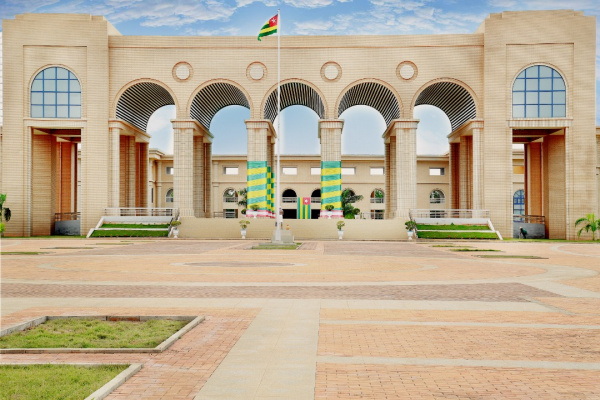
Togo has adopted a new constitution that alters presidential term limits. While the document restricts presidents to a single six-year term, it does not apply retroactively to current President Faure Gnassingbe. This move could allow him to remain in office until 2031, extending his already lengthy 19-year rule by an additional year.
The Gnassingbe family has dominated Togolese politics since 1967, when Gnassingbe Eyadema seized power in a coup. His son, Faure, succeeded him after his death in 2005. This dynastic rule has drawn criticism from opposition parties, who view the new constitution as a “constitutional coup.” They argue it strengthens the president’s grip on power and undermines democratic principles.
The previous constitution, adopted in 2019, limited presidents to two five-year terms. Under those restrictions, Gnassingbe’s rule would have ended in 2030. However, the new parliament-elected presidency, combined with the lack of retroactive application, creates a pathway for him to potentially stay in power for another six years.
This development aligns with a recent trend in West and Central Africa. Several countries, including Central African Republic, Rwanda, and Congo Republic, have altered their constitutions to extend presidential terms. This regional trend coincides with a rise in military coups, with eight occurring in the past three years.
Faure Gnassingbe’s 2020 re-election, which the opposition contested, was marred by reports of violent police crackdowns on protests. The new constitution, with its potential to extend his rule and establish a powerful prime ministerial role, raises concerns about Togo’s future democratic trajectory.




